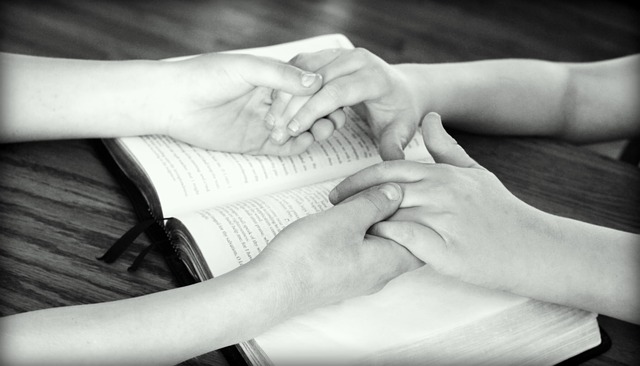
So, How DO We Pray?
You do not have because you do not ask God. 3 When you ask, you do not receive, because you ask with wrong motives, that you may spend what you get on your pleasures. — James 4:2-3
In this passage, James is actually addressing the strong desires within us that take us down wrong paths in our efforts to obtain. But, he makes the point here that God is the one to ask, rather than quarreling, fighting, or utilizing other means to get what we want/need. If God is the Source of answered prayer, why don’t we pray more often?
For many, prayer is our last resort – it is what we do when all else fails. We believe the familiar adage, “God helps those that help themselves.” So, we must do what we can without bothering God with anything but the direst issues, which we obviously cannot impact on our own. Unfortunately, the volume of unanswered prayer in our lives leads us to think God does not hear – much less answer – our prayers. So, many of us give up trying.
But did James actually identify the reason in verse 3; we ask with wrong motives? If this is true, then we need to be specific, AND make sure we are not being selfish/greedy. So, it would stand to reason when we pray for someone’s healing, or a better paying job to meet financial needs, or deliverance from substance abuse, that we are meeting all the requirements. But what if we can say “yes” to the criteria, but are STILL not seeing answered prayer? Must we add fasting to prayer to motivate God to action?
If we take a close look at scripture, we will find that the most impressive miracles took place when people did not know what to ask outside a general, desperate plea. When the nation of Israel was trapped with their backs to the Red Sea facing the Egyptian army, their cry was “Save us!” No one dreamed God would actually part water to make a dry path through the sea as an escape route. When David was being relentlessly pursued by King Saul, his cry to the Lord was for deliverance. He never envisioned God would use the Philistine army to draw off Saul just as Saul’s army was within striking distance of David’s men. When the Jews were threatened with annihilation in a foreign land, Esther, Mordecai, and many others fasted for three days, but did not ask the Lord for anything specific. God gave Esther wisdom for a plan that would appeal to the personality of the king, and He orchestrated circumstances which miraculously turned the evil back on those who perpetuated it.
Could it be that God’s heart is most touched when we have put all our trust in Him and have nothing apart from Him? Could it be that God is most honored when we come to Him first, without trying to tell Him what to do and how to do it? Could it be that fasting is not about coercing God to action, but expressing He alone is the sovereign, all-wise God, and whatever He does or does not do is the absolute best? Could it be that we should be asking Him what to pray so that we line up with Him? While James 4:2-3 is absolutely true, could it be that our posture before the Lord must first be humility and trust?
“God, we don’t know what to do, but You are able.” (Now watch what happens . . .)
